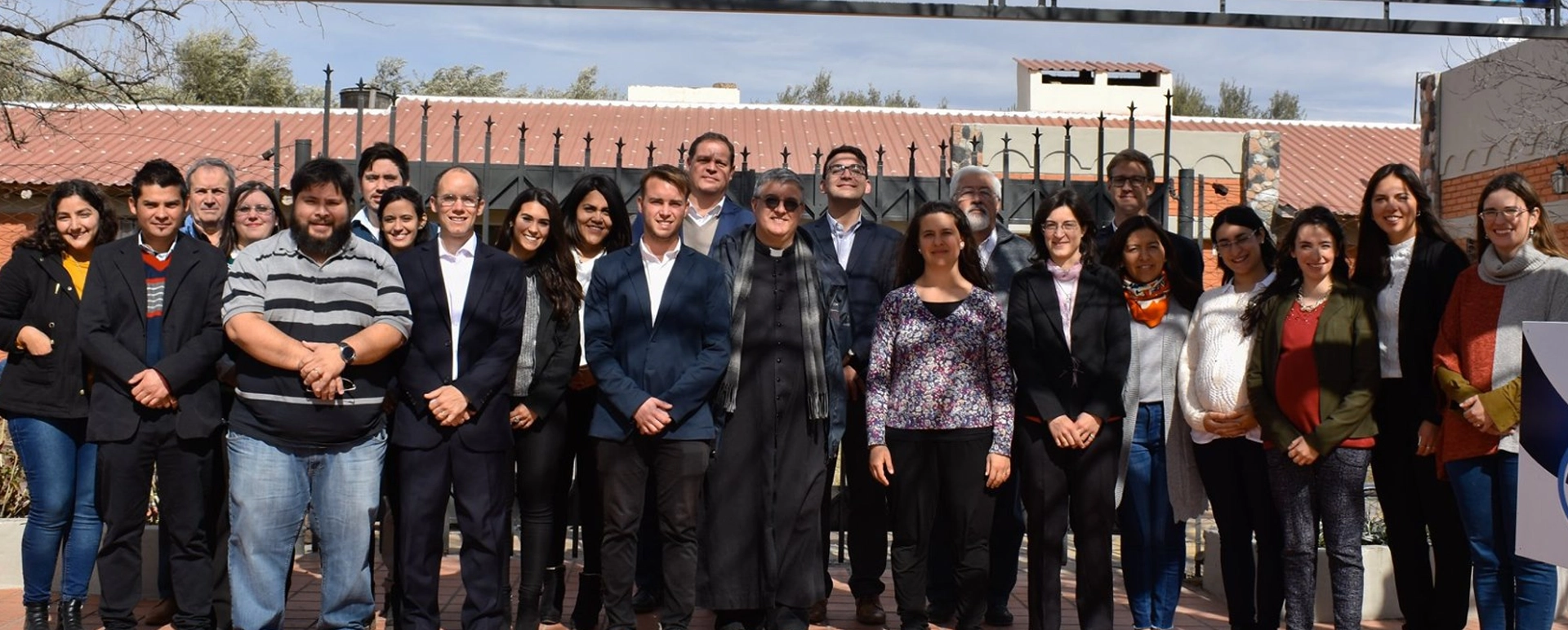Goals of Pharus

To promote the assistance to those who suffer in their mental health in general and in their affectivity in particular, from scientific research, from the principles of a realistic and integral Psychology of the person, fundamentally focusing on the study of psychological and social problems that have a negative impact on our societies, such as addictions, eating disorders, autism, disabilities, anxiety disorders, depression, acute and severe psychiatric disorders, etc. and/or any other related means for the promotion, teaching and care of mental health.
To create teams of professionals prepared to help people attending our clinics for various needs, ensuring that all professionals share the same understanding of the human being and are able to be empathetic to the difficulties of their patients and compassionate with their ailments.
To organize, carry out, participate, and advise in congresses, symposiums, conferences, round tables, workshops and training courses, among others, oriented to the humanistic, anthropological and scientific formation for professionals in the area of Psychology or related sciences.
To promote different work strategies that aim to cover different needs in families and the society; to encourage the creation of groups that assist parents who have lost children, people who suffer from the scourge of addictions, marriages in crisis, etc., and to promote the creation of groups that assist families and society.
Values
Responsibility and commitment: we promote a responsible and committed approach aligned with our values, providing the necessary services for patients, their families, and loved ones, in pursuit of their well-being and comprehensive care.
Teamwork: Coordination and teamwork between the different levels of therapeutical action based mainly on an integral vision of the human being guarantee a continuum of care and support. This is the basis of our integration in clinical practice.
Mission
To promote the recovery, well-being and improvement of the quality of life of people with mental pathologies and psychological ailments. Understanding that the quality of life of people with these conditions requires a comprehensive approach. Our mission is to put into practice an integral approach that takes into consideration all the dimensions of the person.
Vision
To be a benchmark Foundation in the field of mental health, recognized for providing support, assistance and help to all those who need it.
We can distinguish three pillars in the clinical work on which this integration takes place:
Professional integrality: The first of the three pillars is the professional integration. Having the same anthropological vision based on the classical wisdom of the philosophers, particularly Aristotle enhanced by St. Thomas Aquinas, each professional is inserted in his area of intervention following these fundamental parameters. Based on the same doctrinal criteria and, at the same time, applying and generating a wide range of techniques, specific to each profession in question, they (our therapists) follow the same integrating axis.
Integrality of personal and social levels: Going back to the pillars of integration with which our foundation works, we find a double perspective of intervention, namely: the personal and the social perspective. As for the personal perspective, it is about attending to the human being in terms of his psychophysical individuality; and as for the social, attending to his openness to the world, first in the family and from there to all spheres of social relations.
Integrality based on the scientific and academic formation and continuous development (updating): All professionals at Pharus share the same doctrinal and anthropological criteria. We firmly believe that a solid professional formation requires staying up-to-date with scientific developments, which involves studying and delving into works by contemporary authors that align with our fundamental doctrine and serve as subjects for study and research. This practice allows us to stay in constant development in both scientific and technical areas, enabling us to adapt to the complexity of the challenges posed by the healthcare needs of contemporary man.

